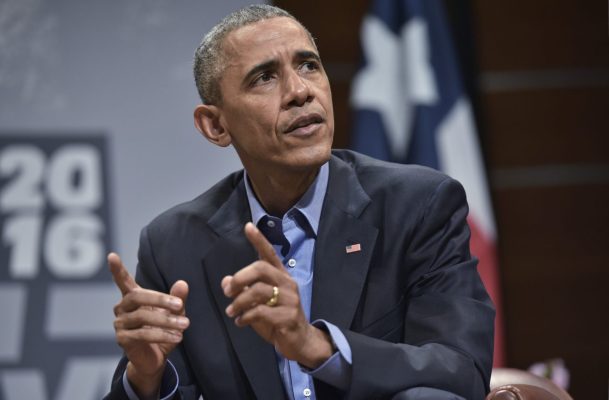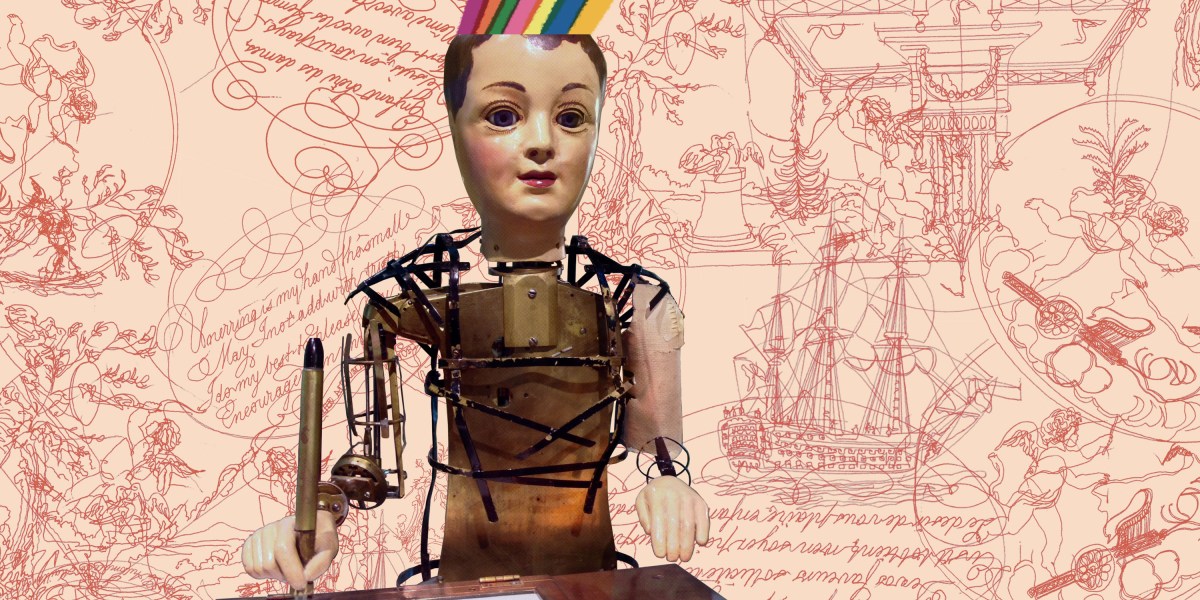Obama: Social media is ‘well designed’to destroy democracy – TechCrunch
After an era of open affection for Silicon Valley followed by an era of relative quiet, former President Barack Obama is tearing into tech.
The former president spoke Thursday at an event co-hosted by Stanford’s Cyber Policy Center and the Obama Foundation, and this time he didn’t mince words about the toll that social media companies’ decisions have taken on the social order.
Obama called the present “another tumultuous, dangerous moment in history,” linking broad concerns about social platforms with Russia’s 2016 election interference and the country’s bloody invasion of Ukraine.
“People like Putin — and Steve Bannon for that matter — understand it’s not necessary for people to believe [misinformation] in order to weaken democratic institutions,” Obama said. “You just have to flood a country’s public square with enough raw sewage. You just have to raise enough questions, spread enough dirt, plan enough conspiracy theorizing, that citizens no longer know what to believe.”
“As Putin discovered leading up to the 2016 election, our own social media platforms are well designed to support such a mission,” Obama said “… In the competition between truth and falsehood, cooperation and conflict, the very design of these platforms seems to be tilting us in the wrong direction. And we’re seeing the results.”
Obama emphasized that while we’re reaping what social media companies have sown, it may not be too late to make different choices.
“Not all problems we are seeing now are an inevitable byproduct of this new technology. They’re also the result of very specific choices made by the companies that have come to dominate the internet, generally, and social media platforms in particular.”
Throughout an hourlong speech, Obama framed misinformation, harassment and other issues that plague social networks as the result of platforms designed with all the wrong incentives in place — incentives that wind up “turbocharging some of humanity’s worst impulses.”
While the former president stopped short of digging into policy specifics, he did point to sweeping European regulatory initiatives like the Digital Markets Act as one path forward. He also pointed to possible reforms to Section 230 of the Communications Decency Act, the law that protects platforms from liability for user-generated content, and mentioned the Platform Accountability and Transparency Act by name. That piece of bipartisan legislation would require social platforms to open up their data to outside researchers.
Ultimately while Obama’s Stanford speech was a concise and thoughtful summary of the ways that social media is fraying modern society, it’s one unlikely to make any converts. Obama’s commonsense, non-partisan ideas about how to transform tech will likely still prove polarizing, particularly among the crowd that propagated racist conspiracy theories about the former president — an onslaught of untruth that ultimately presaged the coming explosion of political misinformation.
Nonetheless, the political figure who presided over the rise of Big Tech does seem keen to sound the alarm about the existential threat that online misinformation poses to democratic society. Whether anyone will hear Obama’s insights or not is another matter, but given the stakes, our possibly terminally distorted information landscape is certainly still worth talking about.




